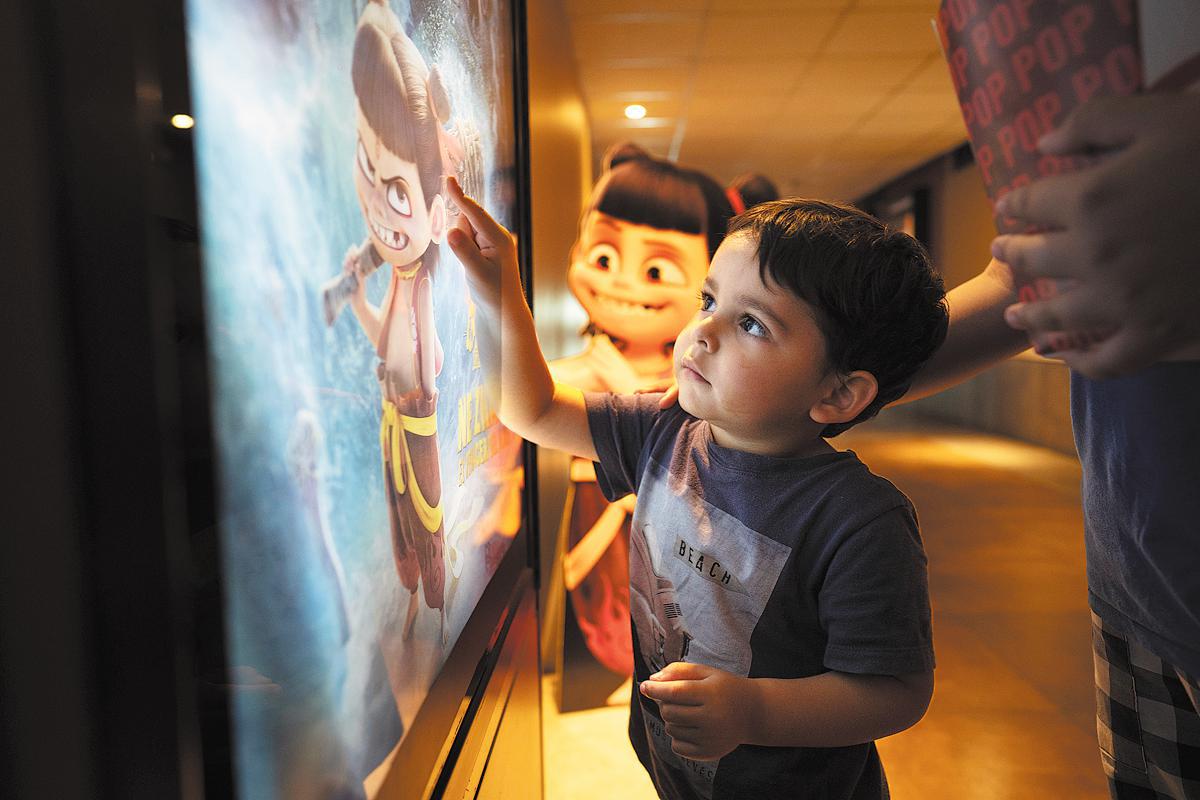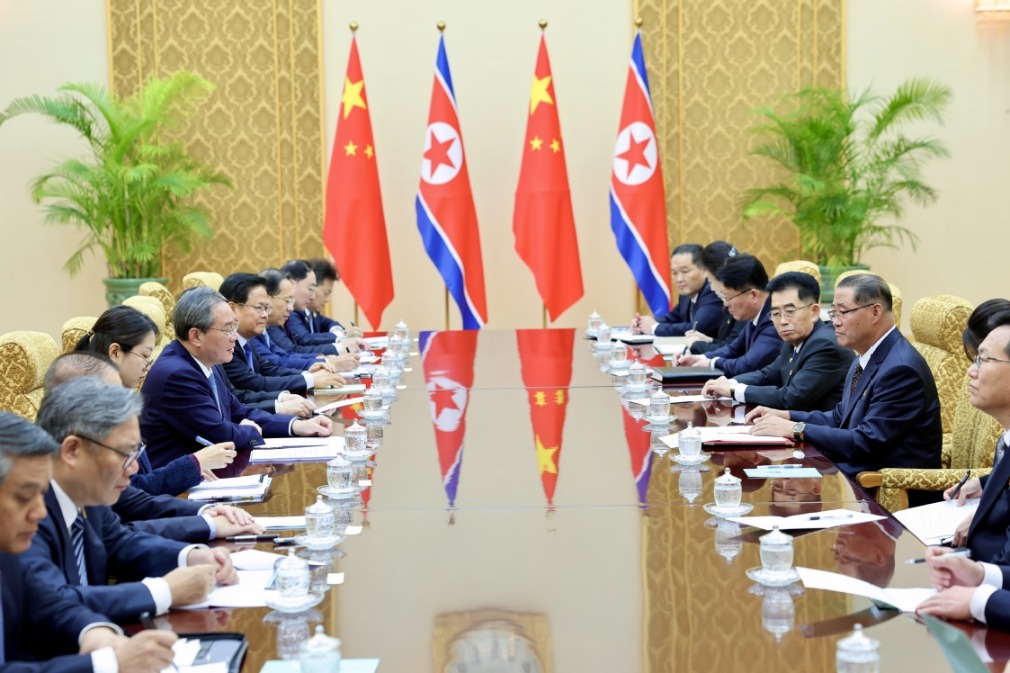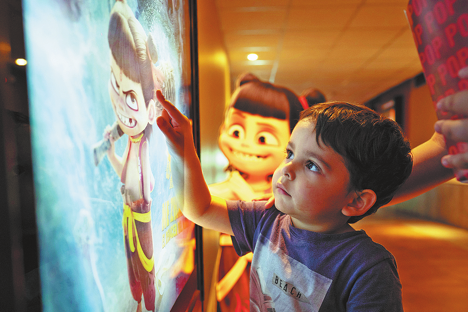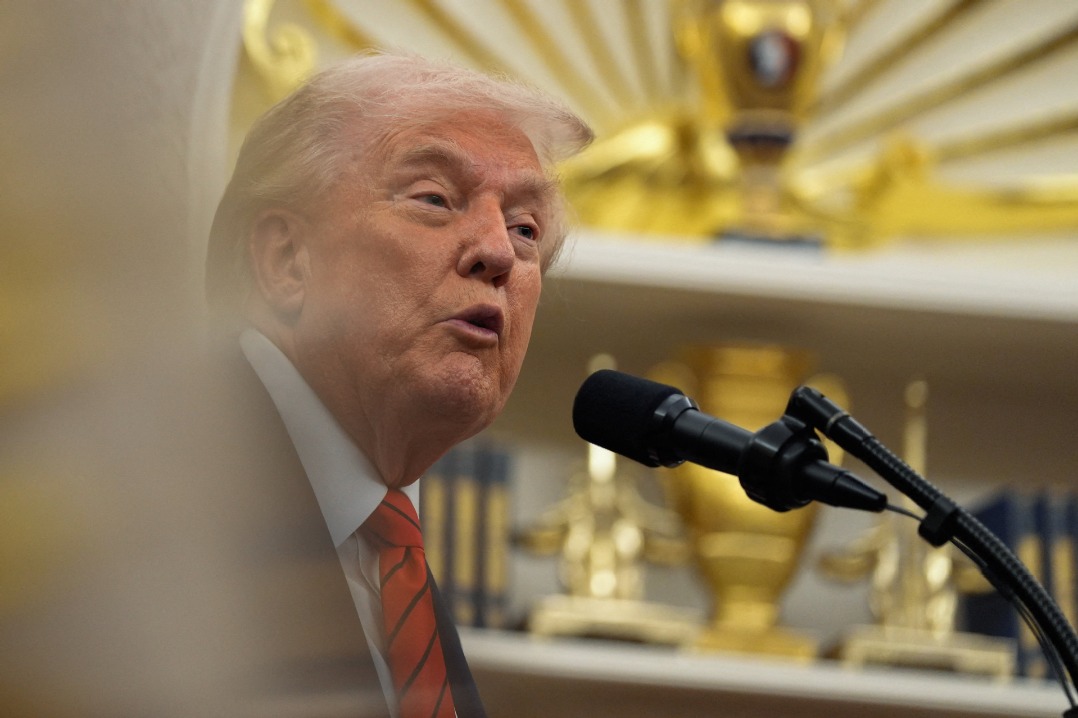Creativity propels soft power progress


To some observers, the breakthrough of Pop Mart's Labubu collectible dolls as a worldwide craze is a random, even ephemeral event. But to business experts, it reflects something deeper, a transformation from the "Made in China" brand to a new label, "Created in China", and is symbolic of the rise of China's cultural exports.
Chris Pereira, founder and CEO of iMpact, a global communications and business consulting firm based in New York, said that while China was once merely the world's factory, today the country exports its own innovations — not just toys, but also electric vehicles, smartphones, consumer drones, and more — a trend that is starting to take over many sectors.
Deng Chenger, a doctoral researcher and affiliate at King's College London who specializes in China's foreign policy and global strategy, echoed this sentiment. "Labubu signals China's growing identity as a creator of cultural content rather than merely a manufacturer," she said. "Alongside other notable cultural exports, such as the video game Black Myth: Wukong and the animated film Ne Zha 2, Labubu reflects the increasing global resonance of Chinese-origin intellectual properties."
Pereira said what really matters about the Labubu craze is not necessarily the toys themselves, but a broader phenomenon — the public perception of them as something worth owning. He cited Apple's iPhone as a parallel example, noting that, for many people, the piece of hardware represents a lifestyle.
The overseas operations of Chinese brands are shifting toward a significant breakthrough into the circle of products that genuinely align with local or global tastes, rather than simply occupying foreign markets, Pereira said.
David Haigh, chairman of UK brand valuation consultancy Brand Finance, wrote in a report: "In 2025, China ranks fifth globally for its 'products and brands the world loves' … Over the past 17 years, the number of Chinese brands in the Brand Finance Global 500 has surged from 13 to 68, and their total brand value has increased by more than 23-fold to $1.4 trillion."
Both Deng and Pereira said Labubu fever is a signal. "It highlights the growing relevance of cultural products that emerge from more grassroots, consumer-driven dynamics," Deng said.
Pereira advocated a low-key strategy for cultivating soft power, opening the door wider to the world and letting what stands out speak for itself. "China needs to welcome people from around the world to visit, work or live in China. Then, when they return to their home countries, they can share their China stories. The key to telling China's story well is having others tell it for you," he said, hailing the unilateral visa-free policies.
The road ahead is not without hurdles, Deng said, as even the current promising, long-awaited trend provoked mixed feedback: Some have responded with curiosity or enthusiasm, while others have found it unsettling or even threatening.
"The 'cool China' narrative might just be the beginning, or it could shift quickly due to geopolitics, but China's pivot toward prioritizing creativity is here to stay," Deng said.

































